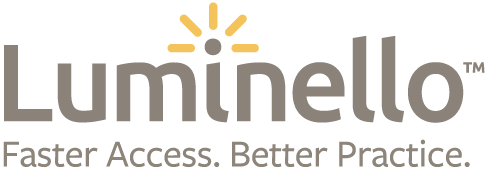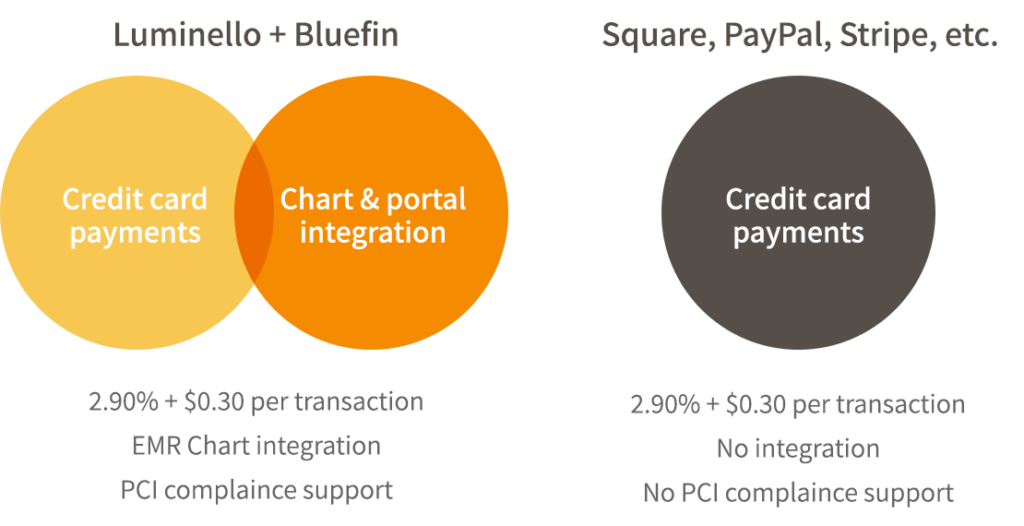There is a process to having a successful intake with a new client. This includes developing rapport, introducing the fundamentals of counseling, and getting essential clinical information. Although we often think about this as a process that occurs during that first intake meeting, it really should start before then. Creating thoughtful and inclusive intake forms can streamline the process and keep your practice in compliance. Below are several important documents your practice can have ready for new client intakes.
Informed Consent
Informed consent is an ethical obligation we, as providers, have available to share risks, benefits, and anticipated course of treatment with our clients. Informed consent is often first presented as a document that clients can read and explore at their own pace. Whether you send this document to clients ahead of time or have it in your waiting room, make sure there is adequate time for a client to review it and ask questions as needed. Informed consent not only keeps providers in ethical compliance but also has been shown to foster a collaborative relationship with a client that encourages openness, trust and sharing. (Barnett, Wise, Johnson-Greene, & Bucky, 2007).
Elements of Informed Consent
- The provider’s credentials, relevant experience, and approach
- The overall nature of treatment
- Potential risks and benefits of undergoing treatment
- The client’s right to refuse or withdraw without penalty
- Overview of financial policy including the involvement of insurance if applicable
- Confidentiality and its limits as it pertains to mandatory reporting requirements
Financial Agreements
Although the financial policy overview should be included in the informed consent, many providers find it useful to have a separate simplified document that goes over specific fees.
Types of Financial Agreements
- Cancellation and No-Show Fee Agreement: Includes within what timeframe a client can cancel without penalty and when a fee will be charged.
- Good Faith Estimate: The No Suprise Act , which was enacted on January 1, 2022, is a federal law that aims to protect people from some unexpected medical bills. If your client is paying out of pocket or is using out of network care, it is mandatory you provide them with a good faith estimate.
- Fee Collection: Let your client know how you will be collecting fees associated with your financial policy. This may include checks, cash, credit cards, or HSA.
Intake Questionnaire
The intake session is a time when providers must juggle two essential tasks: gathering all the relevant clinical information while also trying to establish rapport. Having an intake questionnaire that is filled out before the first session allows providers to focus more on the latter. While different providers may need disparate information about clients, below is general information that is applicable to most.
Intake Questionnaire Elements
- Client Name(s)
- Address
- Date of Birth
- Gender Identity
- Phone Number
- Preferred and Allowed Mode of Contact
- Emergency Contact Name and Number
- Insurance Information (optional)
- Primary Care Provider/ Specialists
- Reason for Referral (if relevant)
- Medical History (physical and mental health)
- Dates of Past Treatment
- Current Symptoms
- Cultural Identity and Considerations
- Occupation
- Medication List
- Goals for Treatment
Notice of Privacy Practice
The confidential nature of therapy is essential to the process. A notice of privacy practices is a way to educate clients on their privacy rights and the organization’s duties to protect PHI (Protected Health Information).
- Review how privacy rules dictate how a provider can use and disclose PHI
- Role of written authorizations given by the client to allow for sharing of health records
- The right to make a complaint to the Health and Human Services Department and to the organization if clients were to believe their rights had been violated
- How to contact the organization and Health and Human Services Department
Release of Information
Continuation and collaboration of care is a golden standard in the medical field. Therefore, having a release of information ready to give to the clients at the outset of therapy is a useful tool. That way a client can give you written permission to communicate with their Primary Care Provider, specialist, previous provider, or any other individual or organization that may be relevant to the client’s care.
References
Barnett, J. E., Wise, E. H., Johnson-Greene, D., & Bucky, S. F. (2007). Informed consent: Too much of a good thing or not enough? Professional Psychology: Research and Practice, 38, 179-186.


